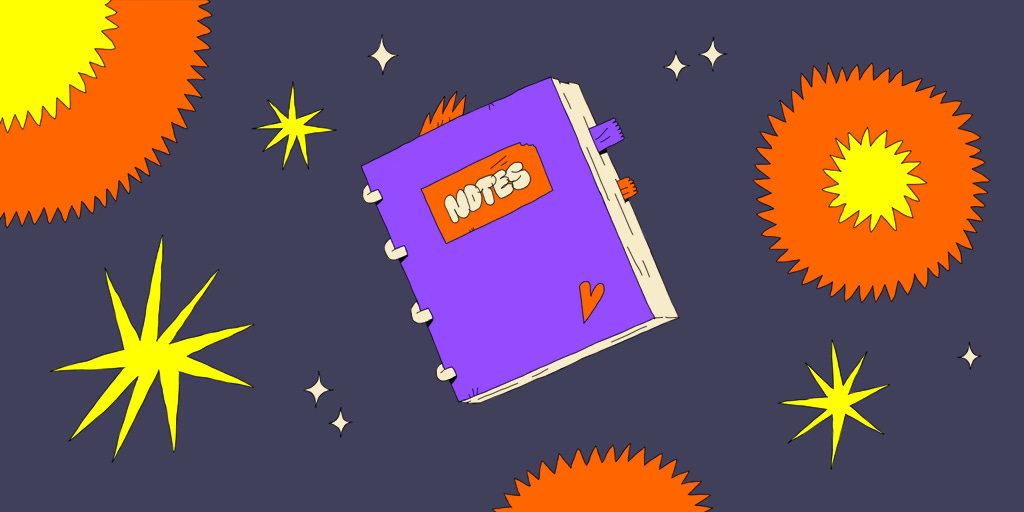Why the 10,000 Hour Rule Misses the Point of Passion
Dispatch #9 from the Human Aliveness Lab
This is Dispatch #9 in a series from the Human Aliveness Lab — raw, personal reflections exploring what it really means to feel alive. You can read the whole series here.
Hi friends,
This past week marked my three-year anniversary of training jiu-jitsu.
I started on a whim — I’d been feeling flat, aimless, and wanted a structured challenge to pour myself into. I had no experience grappling and couldn’t tell closed guard from spider guard (turns out, they’re very different).
But as I reflected on the last few years — which have undoubtedly changed me — I decided to do some math.
I train a lot. Sometimes up to four hours a day (and yes, I often wonder why I’m so exhausted). But let’s say I average two and a half hours a day, six days a week, with some extra drilling and the occasional skipped week due to injury or travel.
That puts me somewhere around 2,500 to 2,700 hours.
On the one hand, that number feels encouraging. If the rough benchmark for mastery is 10,000 hours (more on that myth later), then there’s no need to panic — I’ve still got time. A long way to go, in fact.
And hey — I’ve already won a World Championship with what’s objectively still beginner-level experience. That’s something.
But on the other hand, the number is… daunting.
Even training this intensely — shaping my life around the sport — I’m still years away from expert status.
No wonder so many people give up.
I’ve quite literally shaped my days around jiu-jitsu. It’s as much a priority as my morning writing sessions. Most people don’t have that kind of flexibility. Maybe they have demanding jobs, families, or other responsibilities that make that kind of structure hard — even if they want it. (Yes, it’s still a choice. But not always an easy one.)
Adults love to say they wish they’d started earlier. That if they’d picked up jiu-jitsu, piano, or a second language as a kid, it would’ve come easier. And sure, kids may be more perceptive in some ways — more plastic, more free of ego.
But the real difference isn’t our capacity to learn. It’s our capacity to make time.
Because when I ran the numbers, that became painfully clear.
At my current pace — two and a half hours a day, six days a week — how long would it take me to actually hit 10,000 hours?
Ten more years.
Thirteen years total of consistent, near-daily effort. More than just about any non-professional will ever be able (or willing) to sustain.
It’s no wonder people give up.
Not because they’re not capable. But because the math is brutal.
It’s not that adults lack the ability to learn deeply. It’s that we lack the time — or more accurately, the structures — to support obsessive focus.
Of course, time alone doesn’t create mastery.
Anders Ericsson — the researcher behind the 10,000 hour framework (later popularized and oversimplified by Malcolm Gladwell) — made that clear. It’s not just time. It’s how deliberately you spend it. Mastery requires structured feedback, purposeful repetition, pushing to your edge again and again.
Still, the math can’t be ignored. Real skill — the kind that transforms you — takes time.
But here’s the thing I keep coming back to: You don’t need 10,000 hours for something to matter.
You don’t need to be world-class to feel alive.
If you only have two hours a week to paint, or thirty minutes in the morning to write, or one afternoon a week to lace up your basketball shoes — that doesn’t make it less meaningful. That doesn’t mean it’s not worth doing.
Passion isn’t reserved for the full-time, the elite, or the already accomplished.
But it does require something of you.
Not instant skill. Not perfect conditions. Just a willingness to keep showing up — even when progress feels slow, even when mastery feels impossibly far away.
Because yes, it takes time. Maybe even a decade. Maybe two.
But like Earl Nightingale said: The time will pass anyway.
So the question becomes: What do you want to be inching toward? What would be worth devoting a part of your life to — even if you never “arrive”?
What would you still want to do, even if no one ever saw it?
That’s the beginning of real passion. Not a spark, but a slow burn.
See you out there,
Krista



